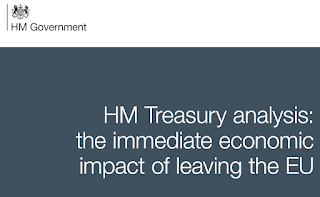Employment is rising in Wales

Employment in Wales has been rising since 2012. It has risen from 1.32 million to 1.46 million in the last seven years. There has been no dip or change in trend due to the referendum. When will remainers see the facts and stop imaging a non-existent slowdown and crisis? People trying to stop Brexit normally focus on the economic damage that it will bring. Project Fear, inspired by the Treasury, predicted a fall in employment and a massive rise in unemployment. The reverse has happened. The rising trend does not mean that all is well in Wales - or elsewhere in the UK. The problems include: many of the new jobs might be low paid, part time, low skilled or zero hours contracts. Immigration is still rising and the new arrivers are more successful at getting the jobs. There will be many ups and downs in the years ahead but the Brexit downturn has not happened. Regional labour market data comes from the ONS .
